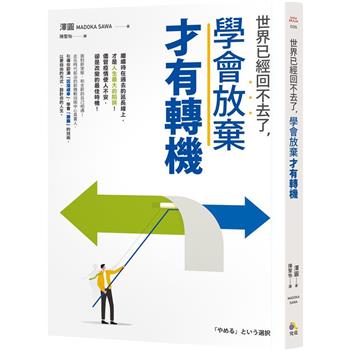- Theorizing Industrial Relations
- The changing institutions that shape employment practice
- The processes used by governments, employers, and unions
- Income inequality, employee wellbeing, business performance, and national comparative advantages
| FindBook |
|
有 13 項符合
Fiorito的圖書,這是第 2 頁 |
 |
$ 12000 | The Sage Handbook of Industrial Relations
作者:Blyton,Paul(EDT)/Heery,Edmund/Bacon,Nick/Fiorito,Jack 出版日期:2008-09-26 語言:英文 規格:精裝 / 17.8 x 24.1 x 4.4 cm / 普通級  看圖書介紹 看圖書介紹
|
|
|
圖書介紹 - 資料來源:博客來 評分:
圖書名稱:The Sage Handbook Of Industrial Relations
內容簡介
Over the last two decades, a number of factors have converged to produce a major rethink about the field of Industrial Relations. Globalization, the decline of trade unions, the spread of high performance work systems, and the emergence of a more feminized, flexible work-force have opened new avenues of inquiry. The SAGE Handbook of Industrial Relations charts these changes and analyzes them. It provides a systematic, comprehensive survey of the field. The book is organized into four interrelated sections:
|










